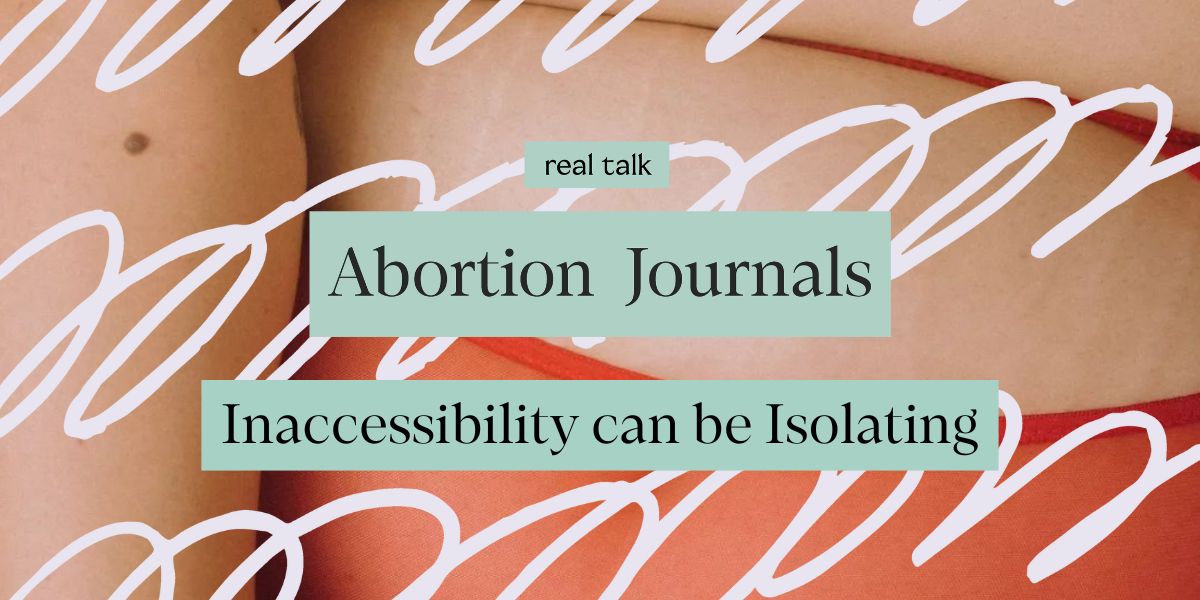In My Words: My liberal city school taught me abstinence-only sex-ed

After attending Philadelphia public school for twelve years, it’s hard not to laugh at their shortcomings each time I return home. Some might write this off as “trauma dumping,” but I prefer to think of it as context; necessary context to who I am now.
Until the past year or so, the bulk of my extended family remained in Texas, where both my parents and I were born. I seem to get a similar reaction from Philadelphia residents about growing up in Texas. If I’m lucky, I might be met with genuine curiosity or neutrality. But more often than not I’m prodded with questions and comments about “just how backwards it is there.”
“The education is just awful – all those teen pregnancies!”
I used to get defensive or offended, but more recently I can’t help but to instead think back to the basement of my middle and high school.
The health education room doubled, or more accurately tripled, as an advisory. This was where I took my Spanish 3 midterm, finals, and health class. I remember my creeping anxiety about being holed up in that room for health class.
I can recall sitting in the passenger seat as a friend hunted for a parking spot. I watched as our neighboring school dragged raggedy couches out of their double doors. It had recently come to our attention that many of Philadelphia’s public schools were riddled with asbestos, and these couches were the first tangible evidence. I knew our school was suspected of contamination (it was indeed contaminated) and this basement I had spent hours in daily became a symbol of it.
The threat of asbestos poisoning only compounded my existing unease about that room. For most of the years I had known it, the room was stamped with the corny posters most schools are equipped with. They sported sayings like “Get High on Life: Alternatives to Drugs,” “Healthy Eating Plate,” “Organ Donors Save Lives.”
But on the side of the wooden, scratched desk pushed to the front of the room was a poster that wasn’t as quick to blend in with the mish-mash of inspirational quotes.
The abstinence definition is typically considered refraining from sex, particularly until after marriage. Abstinence only sex education refers to the idea that abstaining from sex is the only morally acceptable option for youth, and the only safe and effective way to prevent unintended pregnancy and STIs. Abstinence based sex-ed does not discuss the complexities of gender, the importance of consent, or practical pregnancy and STI prevention.
While people may poke fun at the conservatism of my home state, my high school’s basement serves as a ghost of one of the most limiting ideologies preached to me. This was not in the suburbs of Dallas my cousins were raised in, or the stretches of yellow plains and far-off tornados of my Grandpa’s house, but in the city that was as a supposed liberal bastion.
The simple truth is that sex education in my Philadelphia school constituted a much-anticipated video on what sex was, being told periods were called “shark week,” and an optional virtual activity on condom application (no need to bring your own banana!) when I was sixteen.
When I’ve explained to friends that the only condom demonstration that took place in the dingy health room was given by a fellow student who had whipped out a condom from his bag as an attempt at showing us just how mature he was, I’ve been told that I’m flat-out lying. “In Philly?” is the typical follow-up. No one can seem to believe it.
The sex-ed in Philly schools was not a comprehensive curriculum. Instead it was abstinence preached at us, masqueraded as education.
Under 22 Pa. Code § 4.29, Pennsylvania schools are required to educate students about HIV and other life-threatening sexually transmitted diseases, but are told that this must be done with an emphasis on abstinence. More importantly, sex education beyond this is not required in the state. Under this code, my school didn’t violate any legislation, but they failed to provide us the most basic information beyond it. There was no discussion of sexuality or gender education, and zero education on different types of protection.
In June, I found myself back in that basement for the first time in three years, for my brother’s graduation. I was nineteen but that room made me feel sixteen, fifteen, fourteen, thirteen, twelve, eleven, and ten again. The room wasn’t used for health class anymore. The yellowed abstinence poster that curled at the edges couldn’t make me feel hot with shame for growing up all these years later. The basement still seemed stiff with the suspicion of asbestos and the consequences of poor funding.
I grew up in a city that may not initially be brought up in conversations around sex-education. When candidates preach about comprehensive sex-ed, images of the rural South are conjured up. We’re not thinking so much about my high-ranking urban blue-city school. This isn’t to detract from the necessity of education in states like Texas, but to act as a reminder that this isn’t an issue limited to only bible-belt red states. Today’s students in Philadelphia public schools may no longer be taught the glossy, palatable, heteronormative spiel that left me knowing the teacher at the front of the classroom wasn’t being entirely honest. I hope they aren’t. I just ask that we remember them, too, when we talk of progress.
Keep Reading

In My Words: How peeing blood helped me realize my sex-ed sucked
7/20/2023 • 3 minutes

In My Words: I'm a virgin living in hookup culture
Sep 19

In My Words: What the f**k is going on in Florida?
7/19/2023 • 5 minutes










